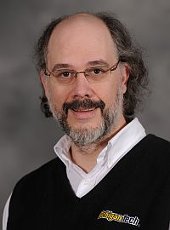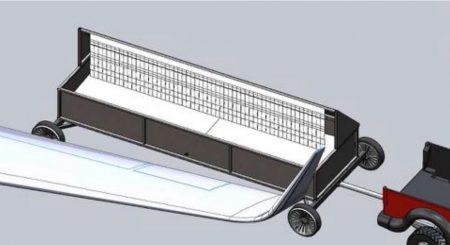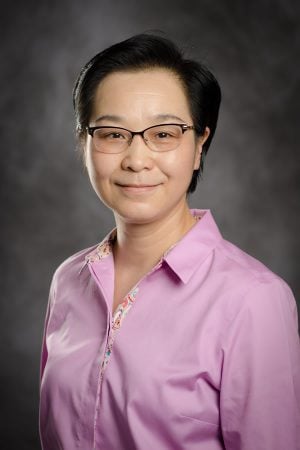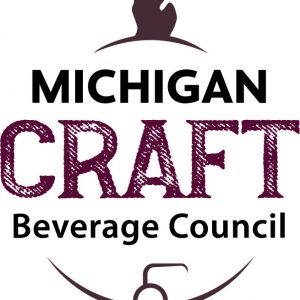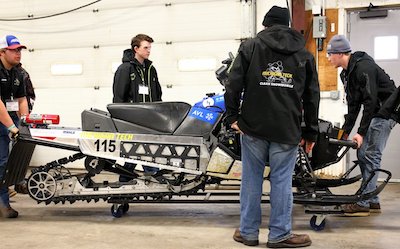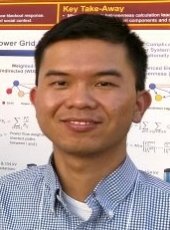
The Associate Vice President for Research Development Office announces the Spring 2021 Research Excellence Fund (REF) awards. Thanks to the individual REF reviewers and the REF review panelists, as well as the deans and department chairs, for their time spent on this important internal research award process.
Among the recipients of a Research Seed Grant (RS) is Yongchao Yang, Assistant Professor, Mechanical Engineering-Engineering Mechanics. Yang’s expertise is in structural dynamics, experimental mechanics, and system identification.
More information about REF awards and the application process can be found on the Research Excellence Fund page.
By Associate Vice President for Research Development Office.
